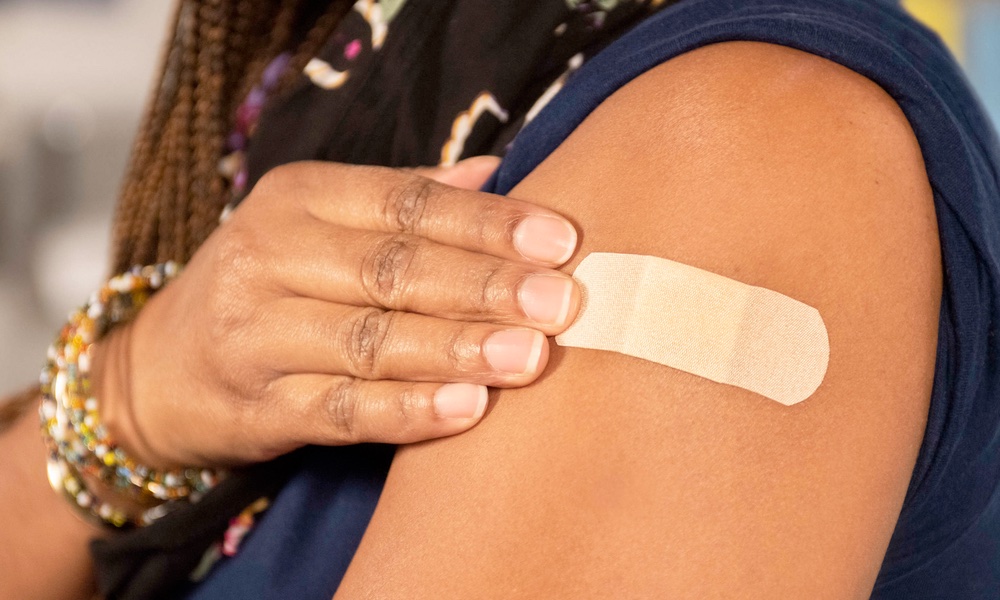Booster shots have played an important role in protecting people from serious infection as the omicron variant and now as its more contagious sub-variant, BA.2, became part of the ever-changing landscape of COVID-19 infections, a large U.S. study finds. They may also have contributed to its recent retreat.
The study, led by researchers at the University of Michigan, the Centers for Disease Control and Vanderbilt University Medical Center, compared how well two and three doses of mRNA vaccines (Pfizer-BioNTech and Moderna) prevented hospital admissions related to each COVID-19 variant.
The team used the health records of over 12,000 adults who were admitted to 21 hospitals across the United States between March, 2021 and January, 2022 to see what worked best to prevent COVID-19-associated hospital admissions. They measured the severity of COVID-19 infections among adults who were hospitalized with all three variants.Two doses were 85 percent effective for the delta and alpha variants, but only 65 percent effective against omicron. On the other hand, three doses of an mRNA vaccine were 86 percent effective against omicron.
Having only two doses of an mRNA vaccine was less effective at preventing hospitalization for the omicron variant than the alpha and delta variants, the researchers found. Two doses were 85 percent effective for the delta and alpha variants, but only 65 percent effective against omicron. On the other hand, three doses of an mRNA vaccine were 86 percent effective against omicron.
The delta variant was associated with the most severe disease among unvaccinated adults, followed by the alpha variant and then the omicron variant. But the omicron variant was associated with substantial critical illness and death: 15 percent of patients admitted to hospital with the omicron variant required invasive ventilation, regardless of whether they were vaccinated or not. Seven percent of these patients died in hospital.
Patients admitted to hospital who were vaccinated had much less severe COVID-19 than unvaccinated patients, regardless of the variant.
The authors conclude that mRNA vaccines “were associated with strong protection against hospital admissions with covid-19 due to the alpha, delta and omicron variants,” adding that vaccination against COVID-19, including a third dose of an mRNA vaccine, “is critical for protecting populations against COVID-19-associated morbidity and mortality.”
Looser restrictions around masks and gathering have meant that omicron BA.2 has continued to circulate. Global cases are rising, especially across Asia, Europe and the U.S. As this study makes clear, COVID-19 is often less severe among the vaccinated and boosted, but for those who have not had access to shots, or who have chosen not to take them, the virus is still dangerous. If you have not yet gotten a booster shot, visit the CDC COVID-19 Vaccine Booster Shots page to find out if you qualify and which vaccine you should take.
The study is published in The BMJ.





